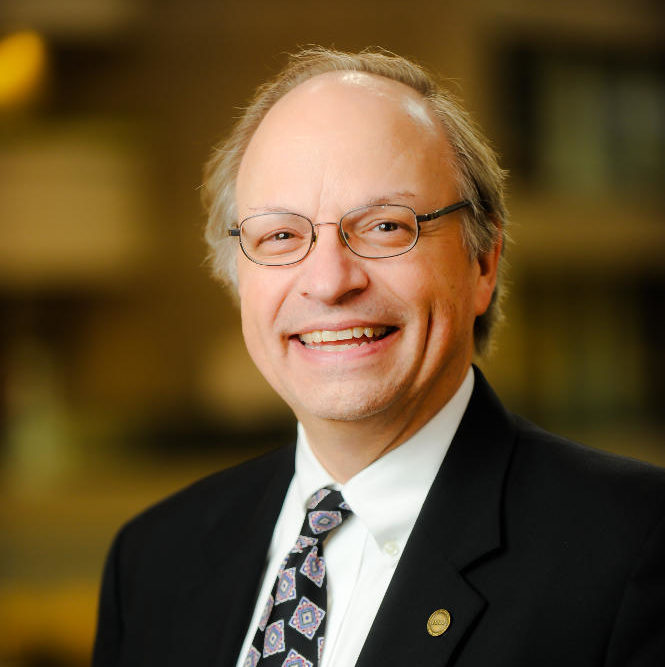By J. Allen Meadows, MD
More patients than ever before are making their doctor’s appointments. What’s helping them? Telehealth.
Across the board, the number of missed appointments plummeted in the last year thanks to the rapid expansion of telehealth. In my office, the show-up rate among patients insured by Medicaid in particular is now higher than 90%. Previously, these patients were more prone to be late or miss their appointment, often through no fault of their own.
Patients covered by Medicaid are more likely to rely on the bus system, leaving them beholden to posted routes and set times. I’ve had patients show up two hours early to avoid being one hour late.
This patient population is also less likely to have a job with paid sick leave. Especially for patients who live two-three hours from my office, keeping one appointment can mean missing an entire day of work.
Telehealth virtually removed these barriers for many of my patients.
Video calls have allowed me to see inside the homes of some patients, which gives me greater understanding of their day-to-day lives. The technology has also made it easier for caregivers to safely participate in their loved ones’ appointments.
Now, about one fourth of appointments for existing patients are just an audio-only phone call.
A patient of mine, let’s call him Eric, was starting on a new biologic medication for his nasal polyps around the same time he was scheduled to leave for a multi-month work trip. I needed to talk him through how to administer the injection, what side effects to look for and how to work with the specialty pharmacy. We covered all of these items in a 20-minute phone call. Eric went back to preparing for his trip.
I made another phone call. This one was to a patient in her late 70s, Ann. She lives in a rural county where broadband internet isn’t very reliable. But we just needed 10 minutes on the phone to confirm the allergy medication we’d switched her to last month was working. A call with audio and video wasn’t necessary, and may not have been possible because of internet connection limitations.
An audio-only phone call isn’t sufficient for every visit, but it’s often enough to keep patients from missing an appointment. Missed appointments lead to unchecked disease, preventable emergency room visits, and an overall less productive and healthy person.
I think insurers recognize that virtual visits and audio-only calls are important complements to in-person care. Most public and private health plans in Alabama have been paying providers the same regardless of appointment type. This has helped doctors like me meet patients where they are while keeping our practices financially sound.
Quick action by the Centers for Medicare and Medicaid Services allowed us to realize telehealth’s benefits when COVID-19 took hold last year. The authority to make these changes permanent, however, rests with Congress. With the benefits to patients in mind, I urge policymakers to extend the use of telehealth – in the broadest sense possible – beyond the pandemic.

J. Allen Meadows, MD, is an allergist in Montgomery, Alabama and a member of the Alliance for Patient Access.
